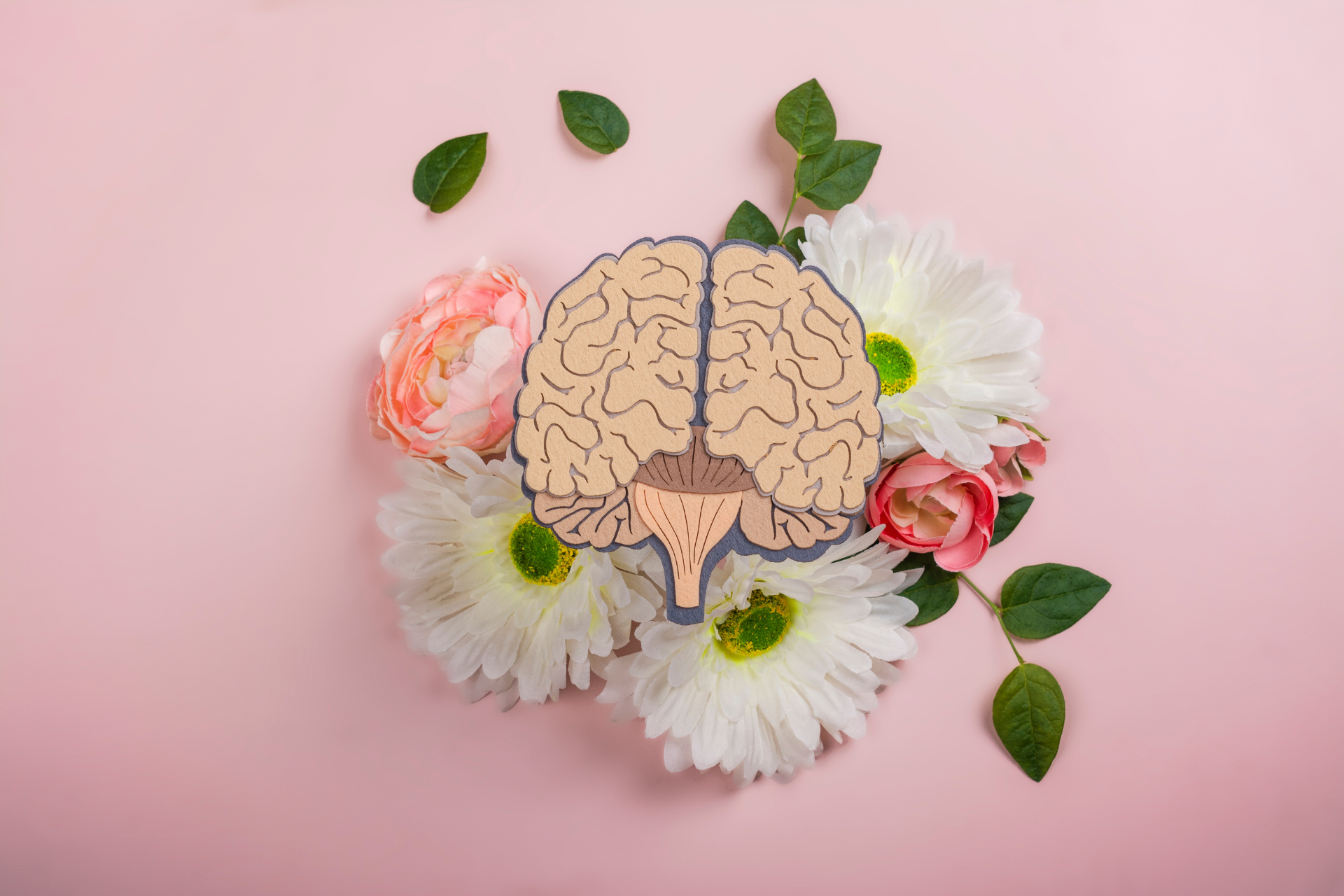Journaling: A Mindfulness Practice for Mental Health
Journaling has long been recognized as a powerful tool for self-expression, reflection, and personal growth. When practiced mindfully, journaling can become a valuable mindfulness practice that benefits mental health in numerous ways.
The benefits of journaling as a mindfulness practice:
- Emotional release: Journaling provides a safe space to express emotions and gain a better understanding of oneself.
- Stress reduction: The act of journaling can help reduce stress and anxiety.
- Improved emotional balance: Journaling can help develop a greater sense of emotional balance.
- Increased self-awareness: Journaling can help you become more self-aware.
- Enhanced creativity: Journaling can stimulate creativity and imagination.
- Improved problem-solving: Journaling can help you develop better problem-solving skills.
Understanding Mindfulness
Mindfulness is the practice of paying attention to the present moment without judgment. It involves being fully aware of your thoughts, feelings, and sensations without getting caught up in them. Mindfulness can help reduce stress, improve emotional regulation, and enhance overall well-being.
The Benefits of Journaling as a Mindfulness Practice
- Emotional Balance: Journaling provides a safe and private space to express your emotions. By writing down your thoughts and feelings, you can release pent-up emotions and gain a better understanding of yourself.
- Stress Reduction: The act of journaling can help reduce stress and anxiety. When you write about your worries and concerns, you can gain a new perspective and find solutions.
- Improved Emotional Balance: Journaling can help you develop a greater sense of emotional balance. By tracking your moods and identifying patterns, you can learn to manage your emotions more effectively.
- Increased Self-Awareness: Journaling can help you become more self-aware. By reflecting on your thoughts, feelings, and experiences, you can gain a deeper understanding of yourself and your motivations.
- Enhanced Creativity: Journaling can stimulate creativity and imagination. By writing freely without judgment, you can tap into your inner thoughts and ideas.
- Improved Problem-Solving: Journaling can help you develop better problem-solving skills. By writing about challenges and obstacles, you can identify potential solutions and develop strategies for overcoming them.
How to Practice Mindful Journaling
- Find a quiet space: Choose a place where you can be undisturbed and focus on your thoughts.
- Set aside time: Dedicate a specific time each day for journaling, whether it's in the morning, evening, or whenever you find it most beneficial.
- Write freely: Don't worry about grammar or spelling. Just let your thoughts flow onto the page.
- Be present: Focus on the present moment and avoid dwelling on the past or future.
- Be non-judgmental: Accept your thoughts and feelings without judgment.
Incorporating Mindfulness into Your Journaling Practice
- Mindful observation: Pay attention to your senses and surroundings. Describe what you see, hear, smell, taste, and feel.
- Gratitude journaling: Focus on the positive aspects of your life by writing down things you are grateful for.
- Guided journaling prompts: Use prompts to help you explore specific topics or emotions.
Journaling is a versatile and accessible mindfulness practice that can have a profound impact on your mental health. By incorporating mindful journaling into your daily routine, you can reduce stress, improve emotional balance, and enhance your overall well-being.
Friends of ASH is a dedicated group committed to promoting mental health awareness and supporting individuals at Austin State Hospital in their journey toward well-being. They believe that mindfulness practices, such as journaling, can play a crucial role in fostering emotional balance and reducing stress. Friends of ASH welcomes you to learn more about the Austin State Hospital and what they are doing on the front lines to support the hospital's mission. To learn more about what they do, visit their website https://www.friendsofash.org/.
FAQ
What is mindfulness?
Mindfulness is the practice of paying attention to the present moment without judgment. It involves being fully aware of your thoughts, feelings, and sensations without getting caught up in them.
How can journaling help me as a mindfulness practice?
Journaling can help you become more self-aware, reduce stress, and improve emotional balance. By writing down your thoughts and feelings, you can gain a better understanding of yourself and develop coping mechanisms.
What is Friends of ASH? Friends of ASH is a dedicated group committed to promoting mental health awareness and supporting individuals in their journey toward well-being. They offer various resources, including workshops, events, and support groups, to help people improve their mental health.
All Rights Reserved | Friends of Austin State Hospital
Website by EGS Marketing Solutions
All Rights Reserved | Friends of Austin State Hospital
Website by EGS Marketing Solutions
All Rights Reserved | Friends of Austin State Hospital











